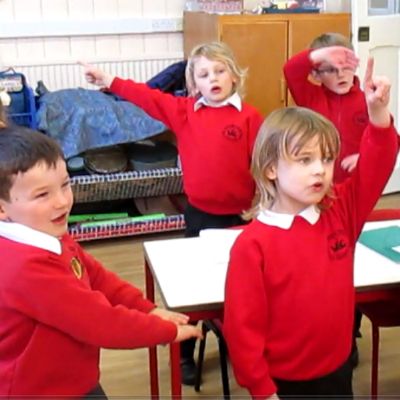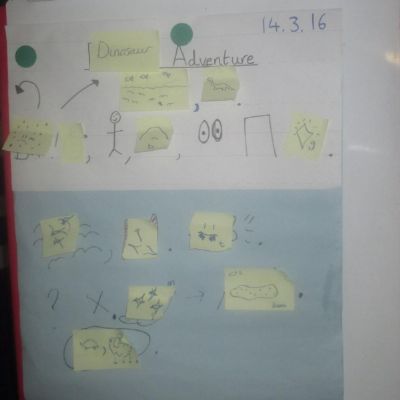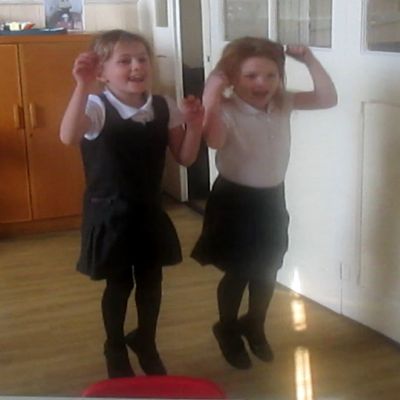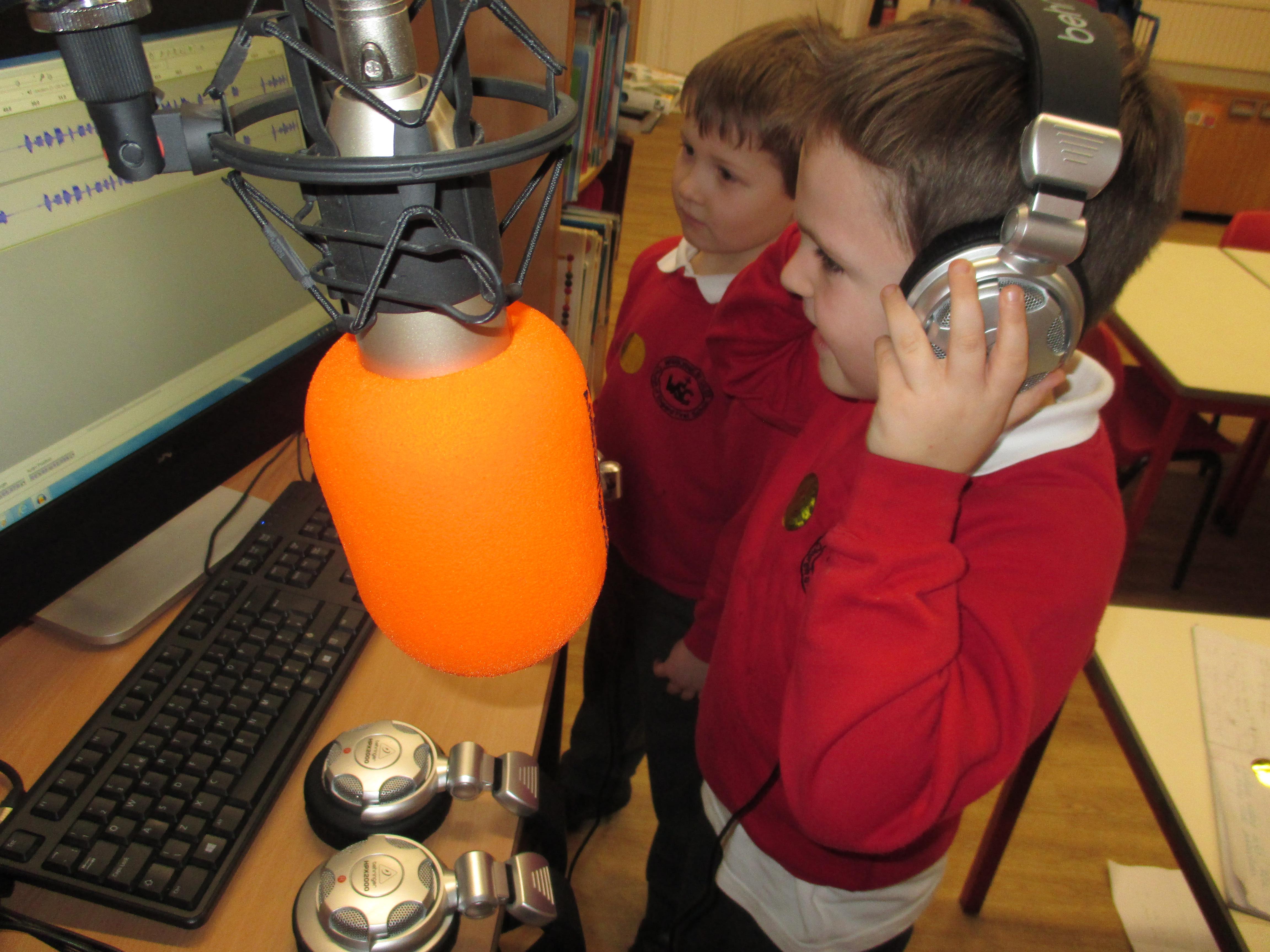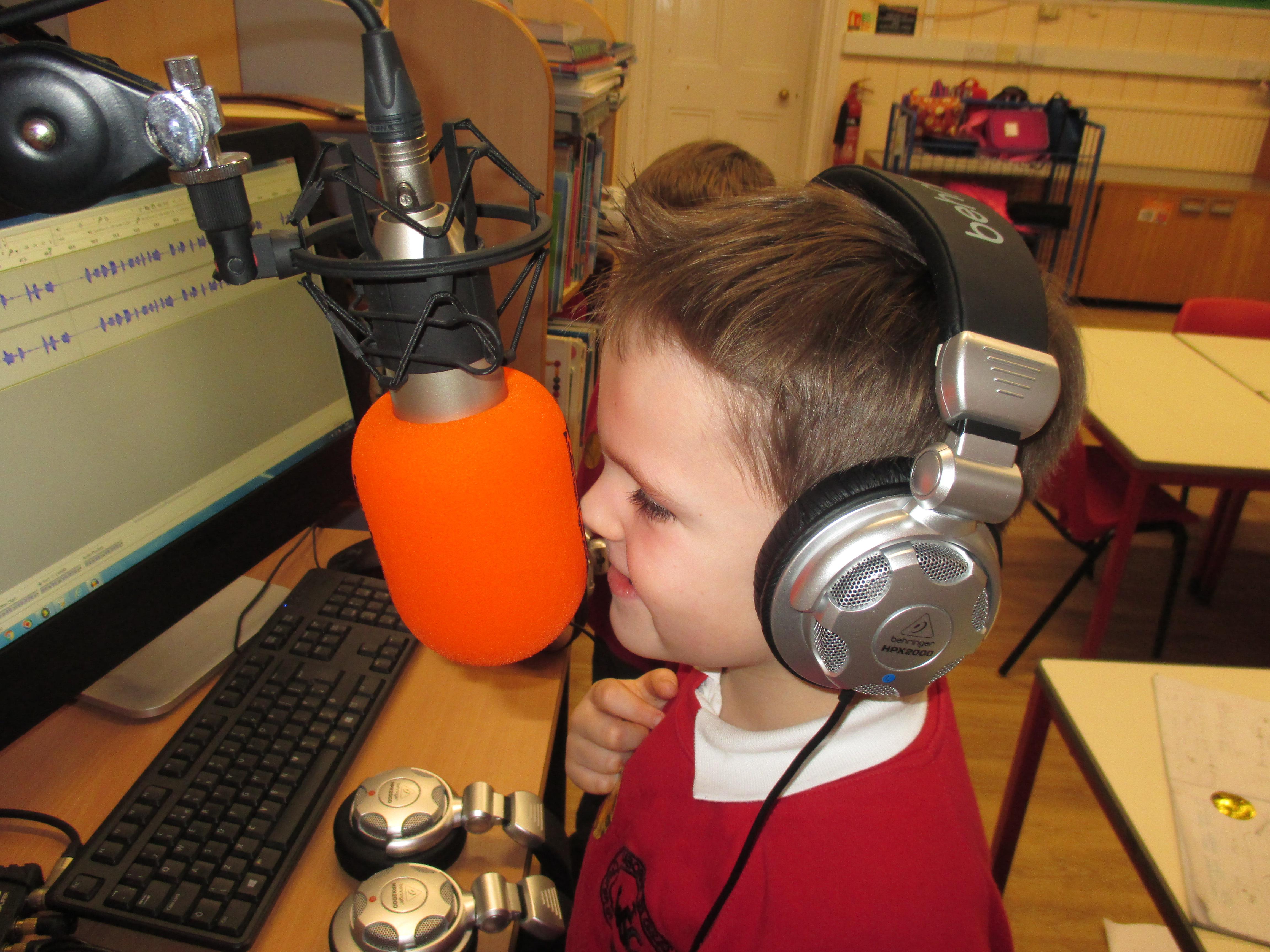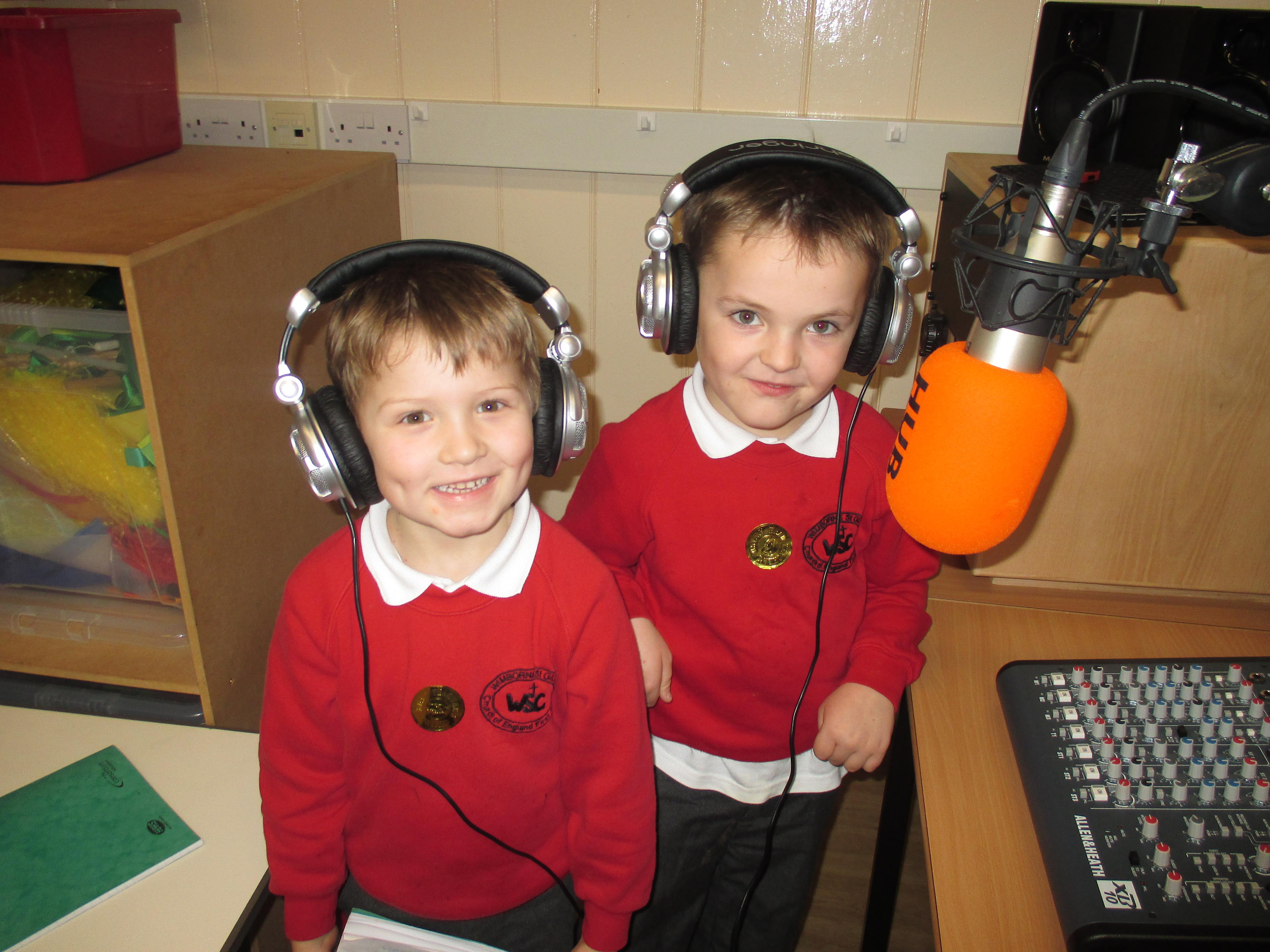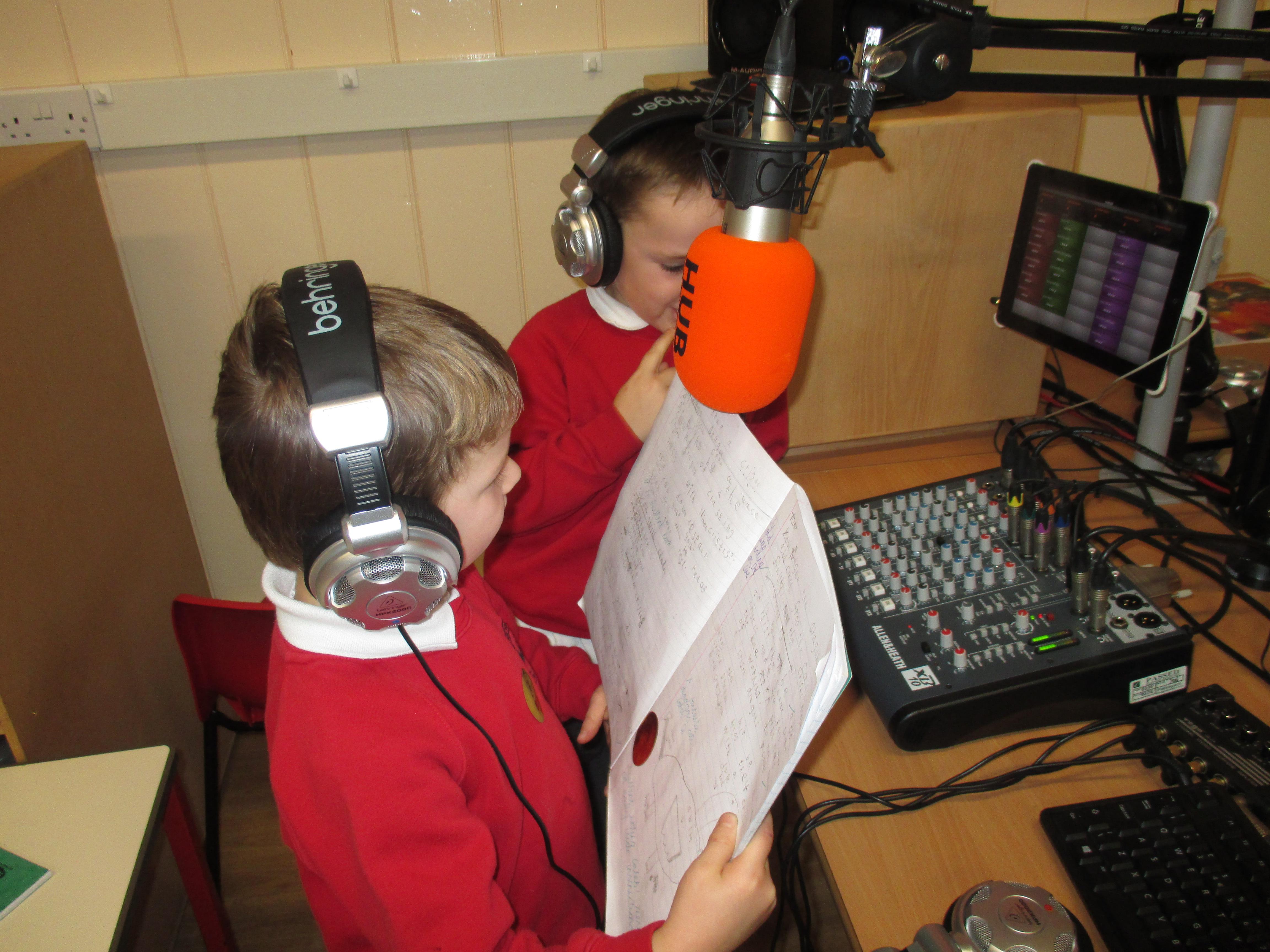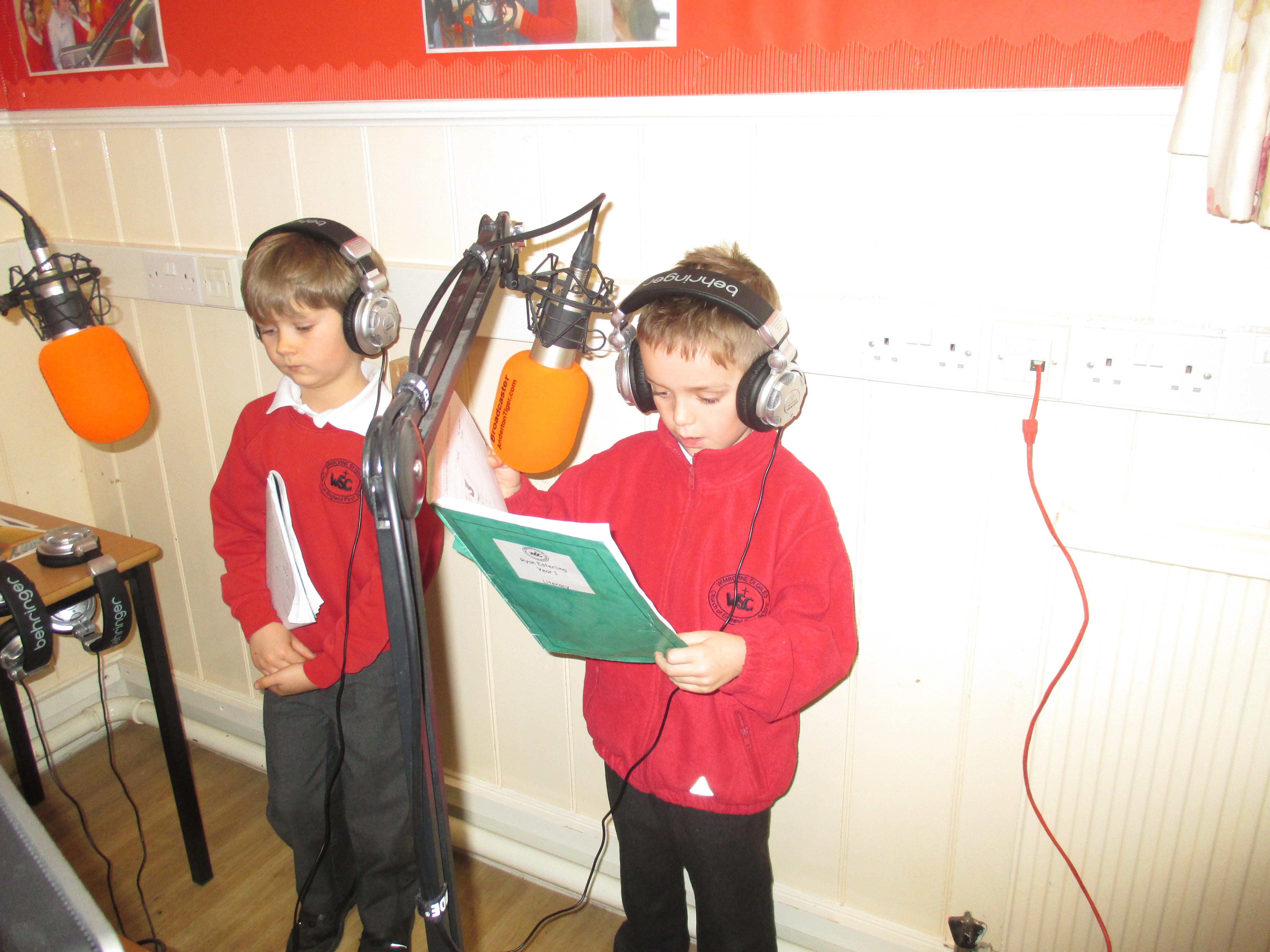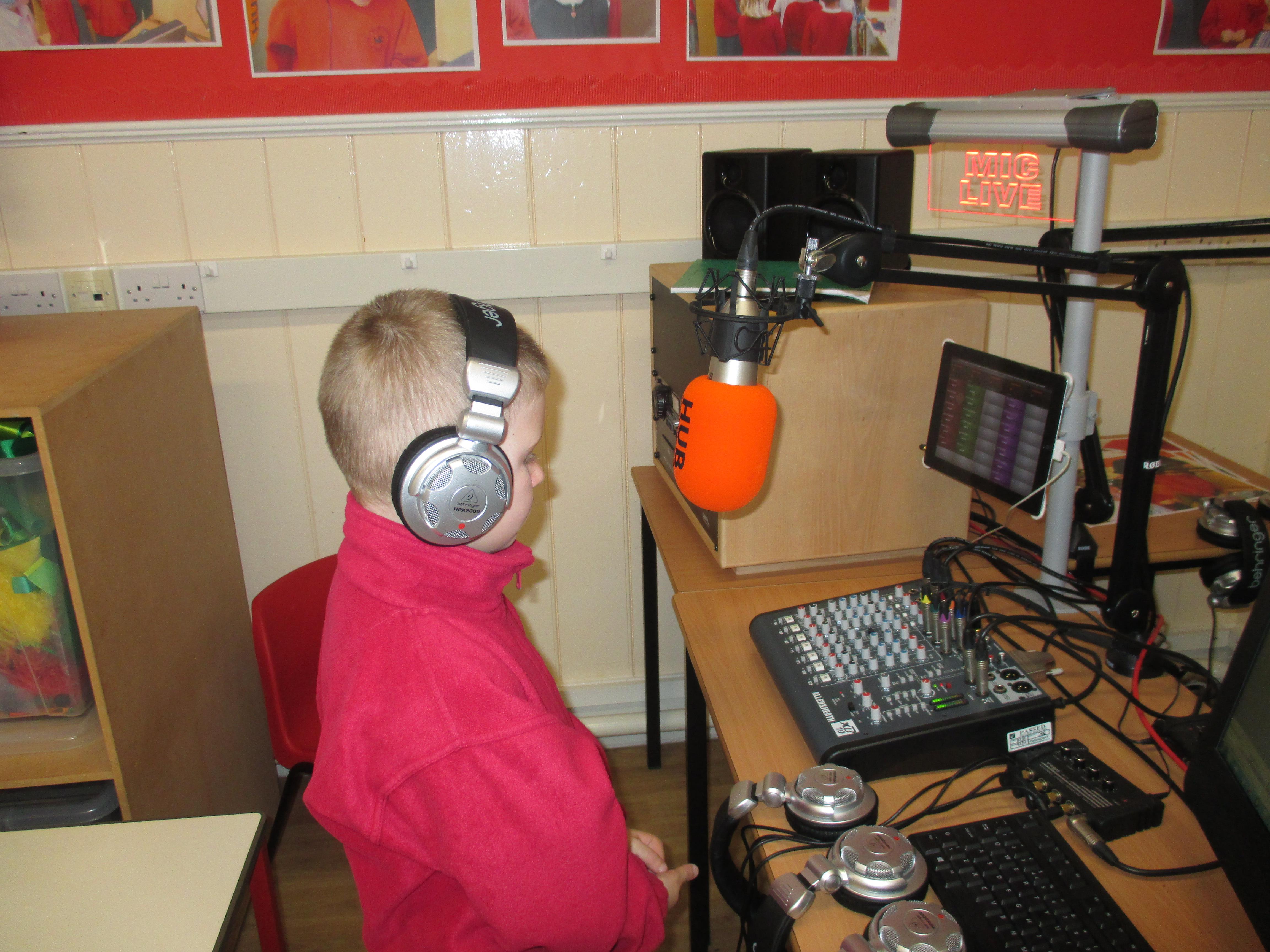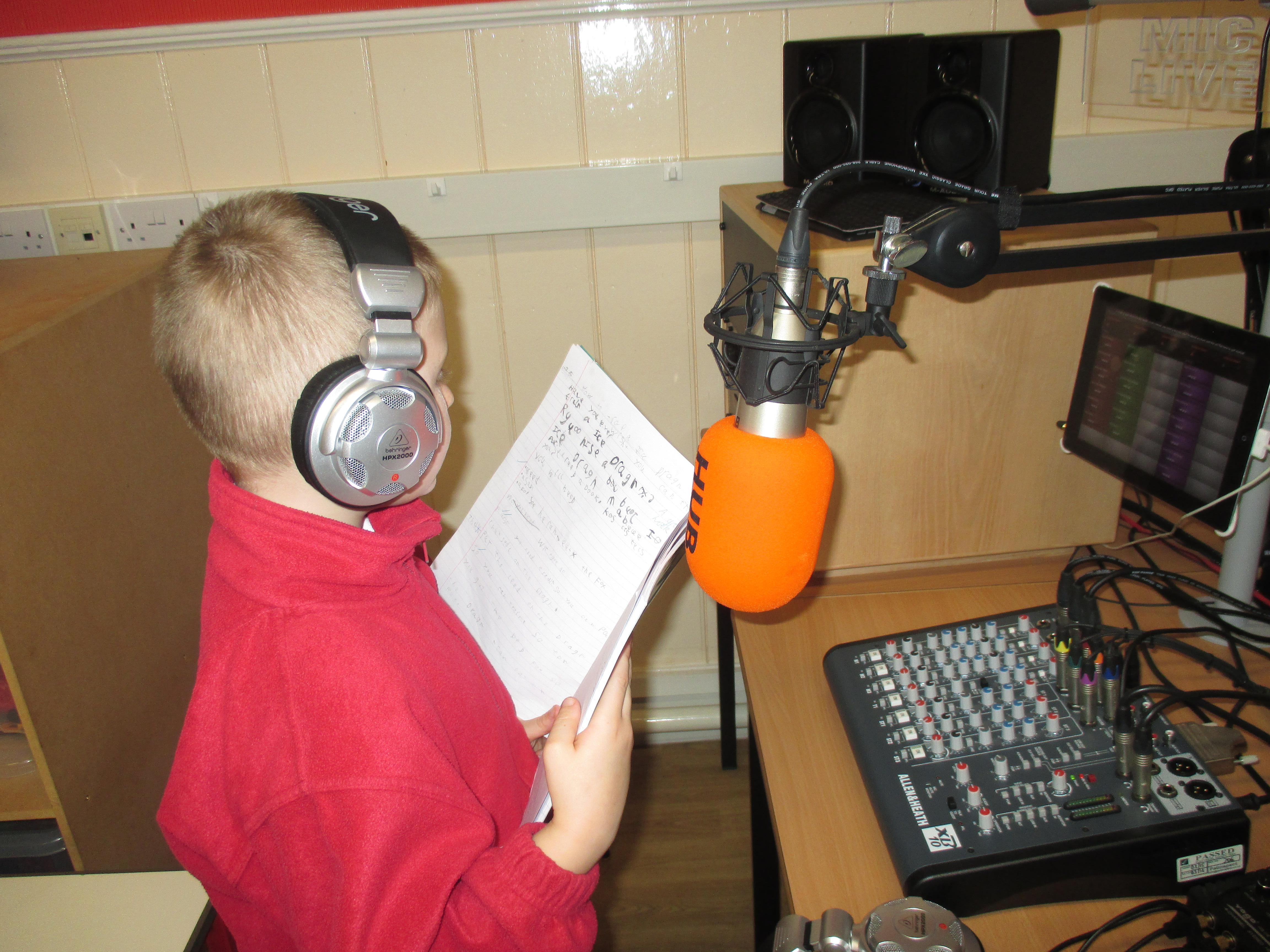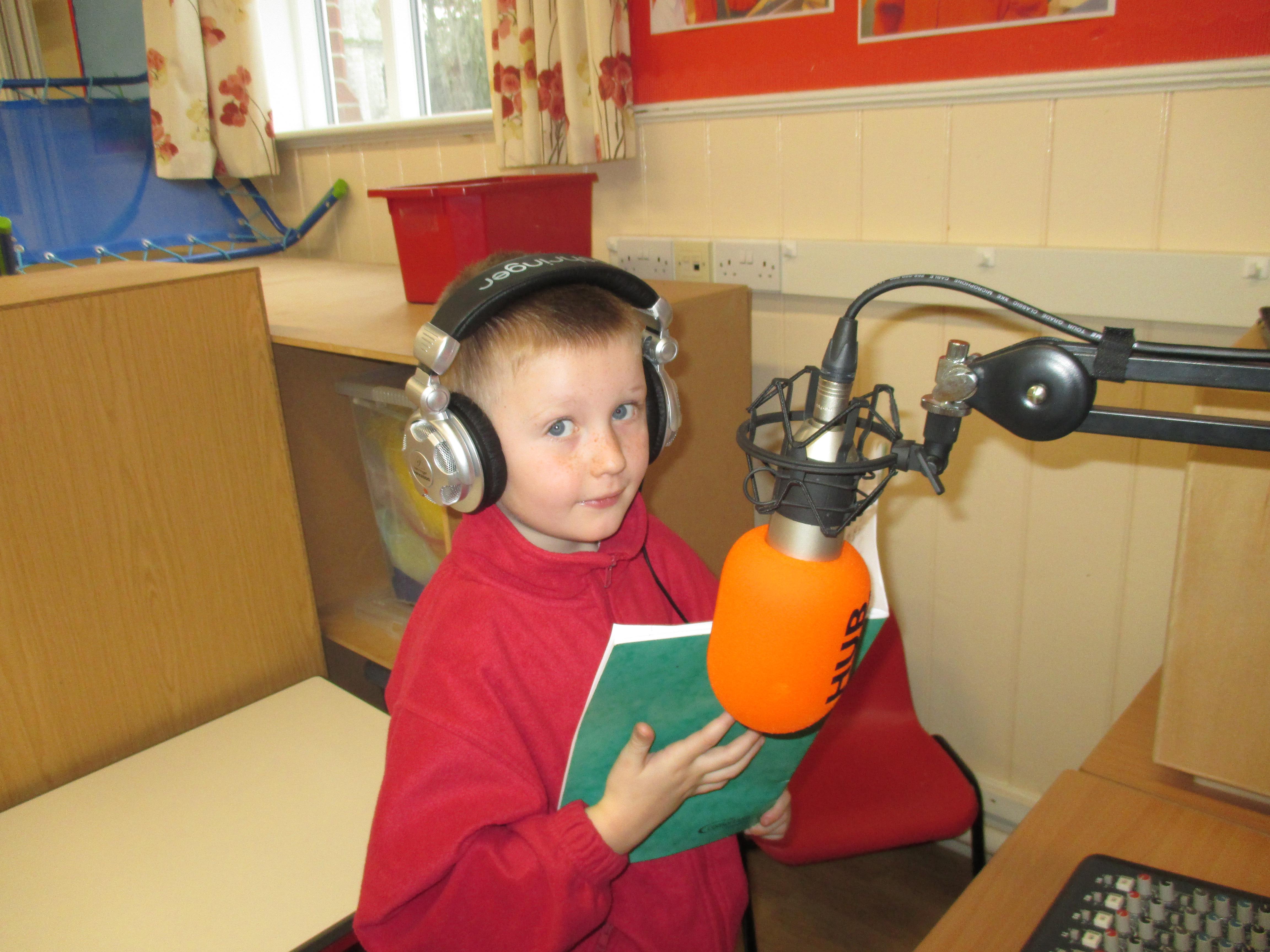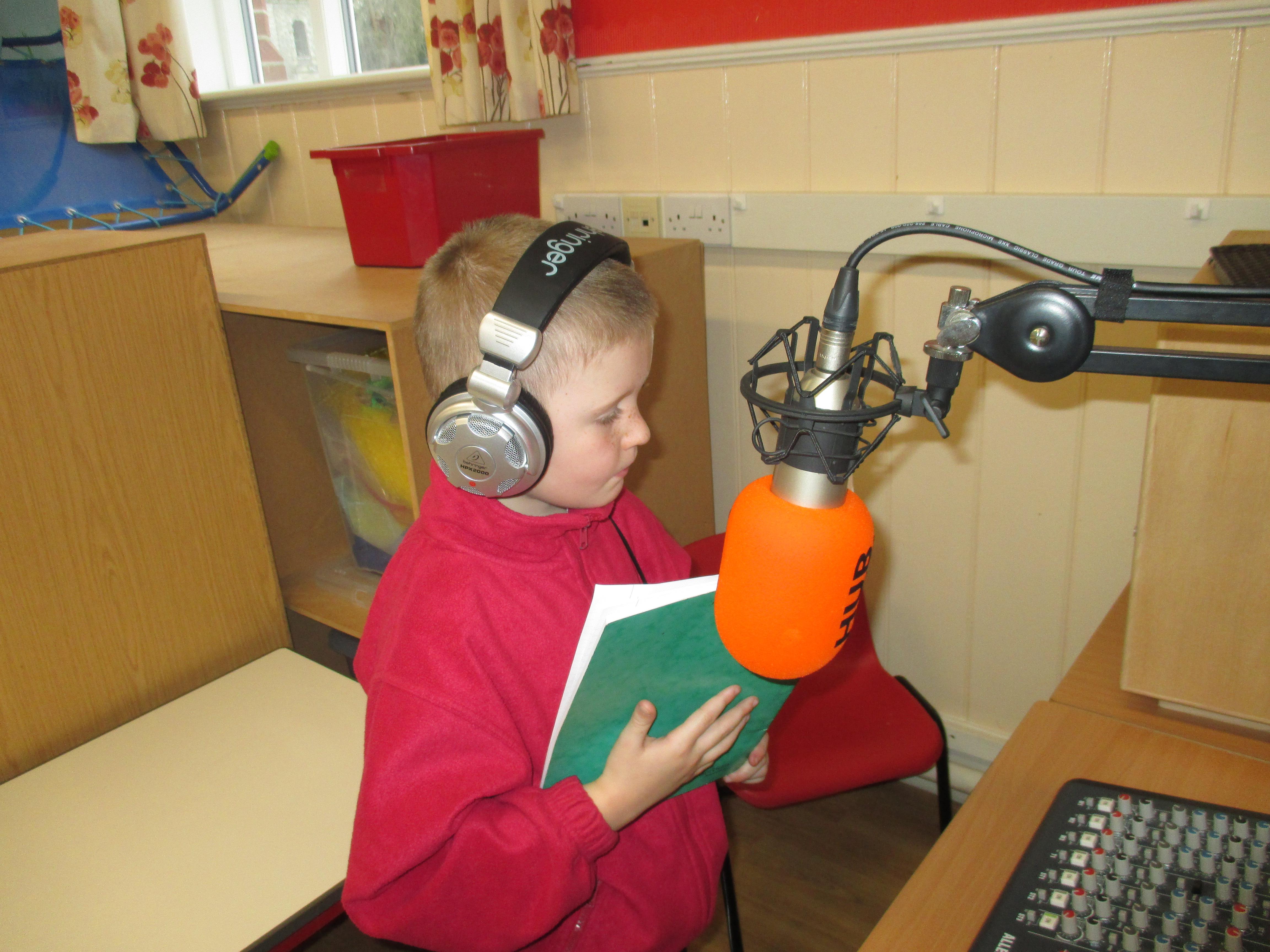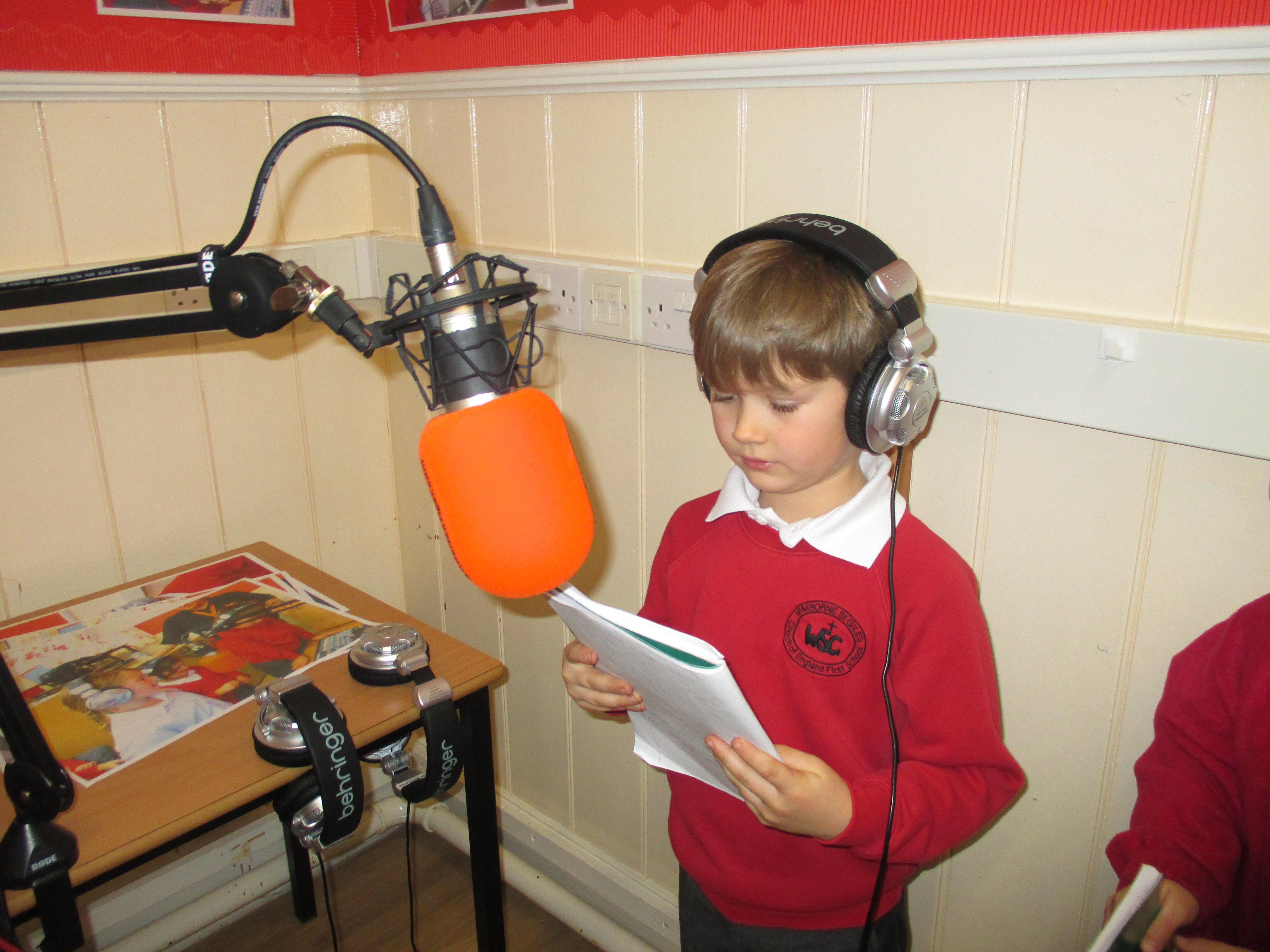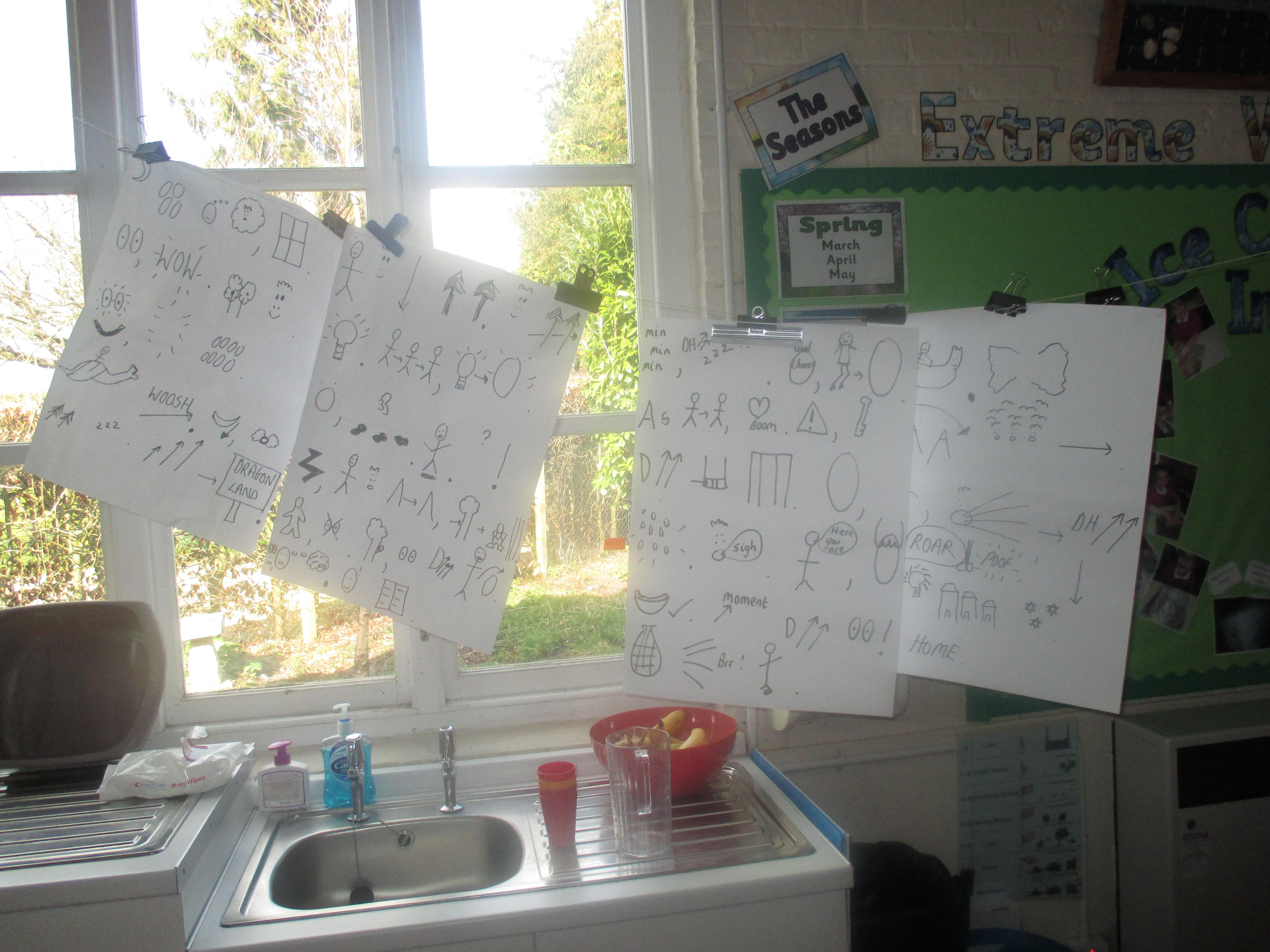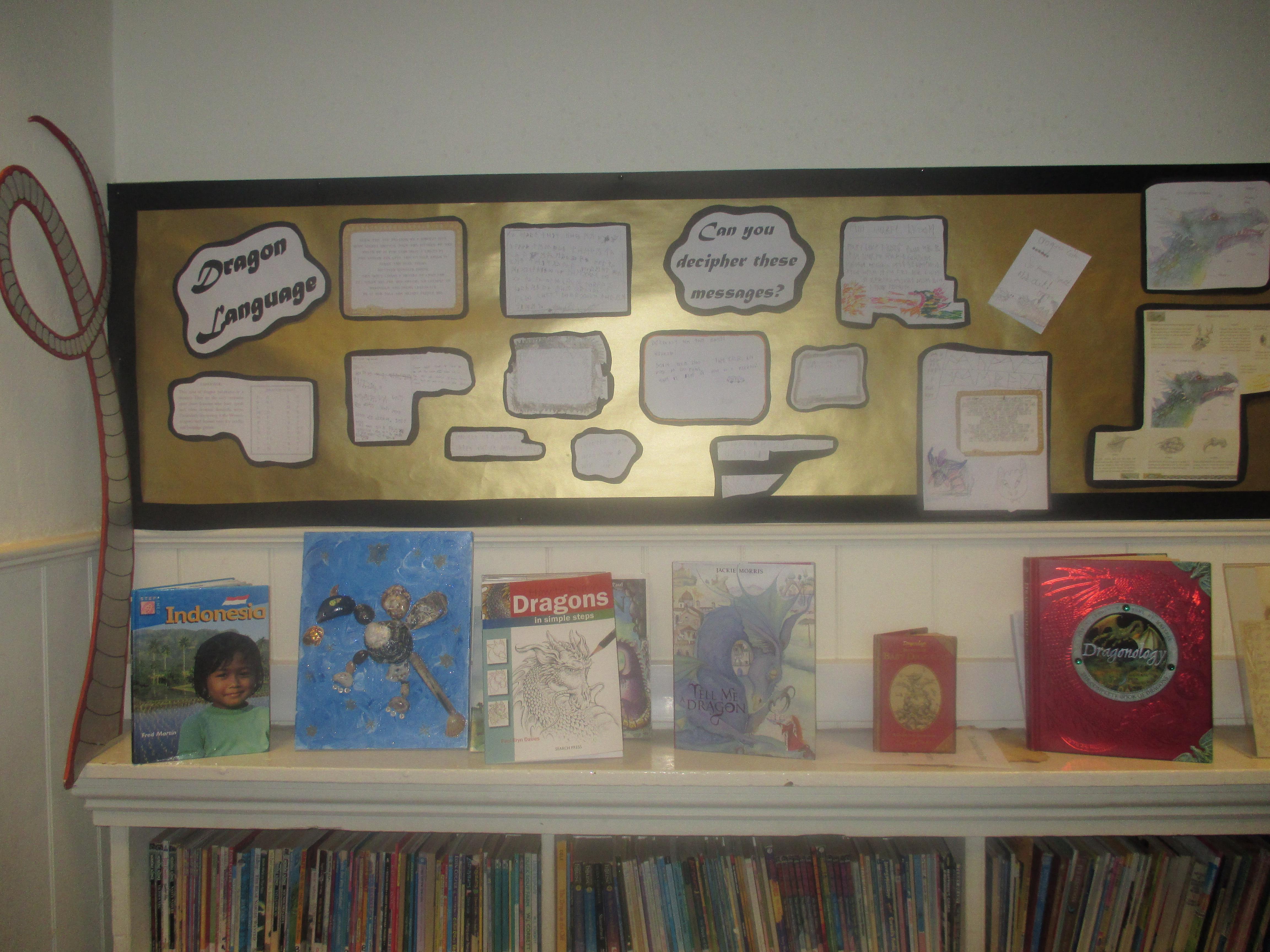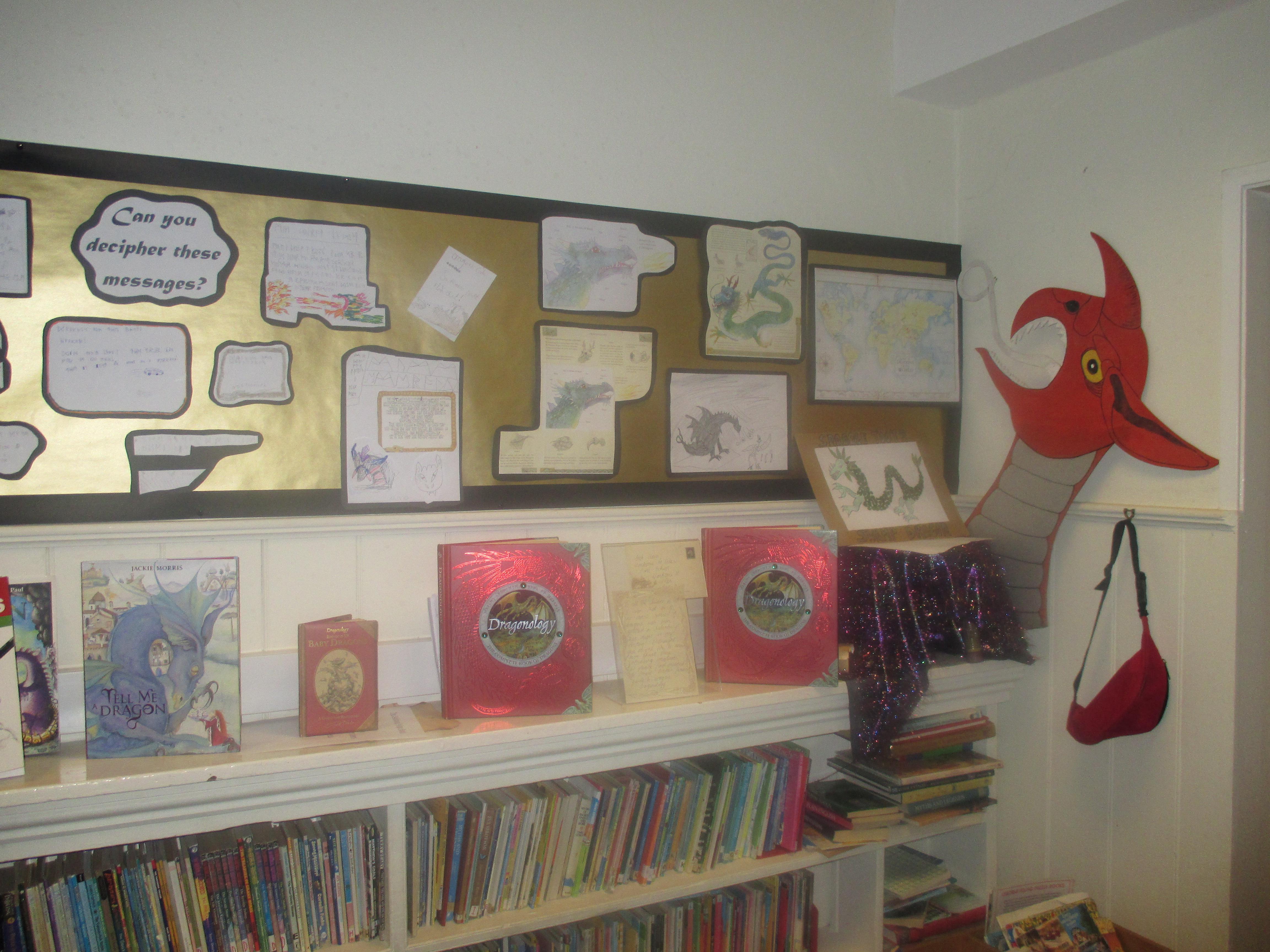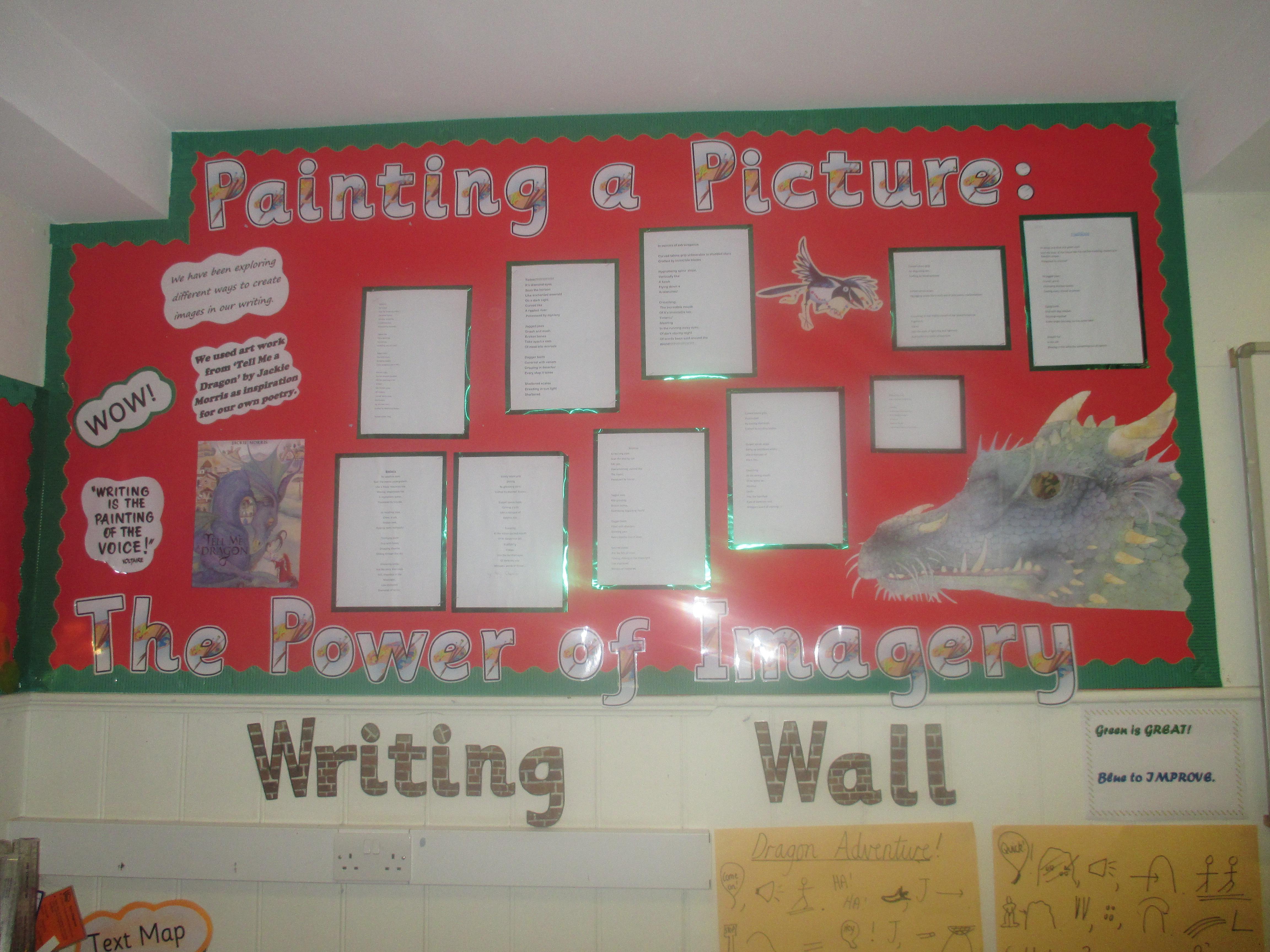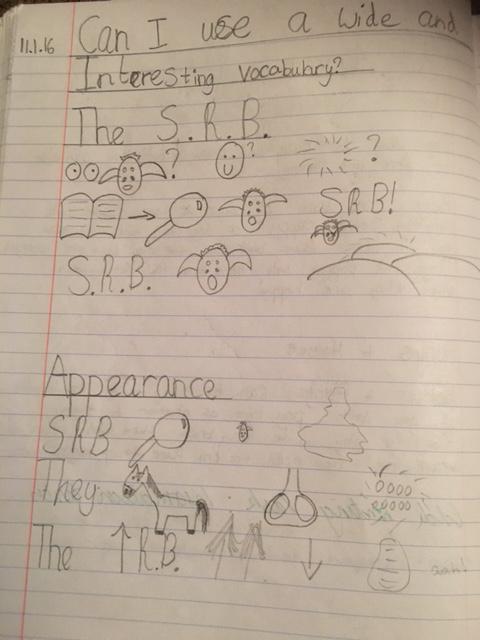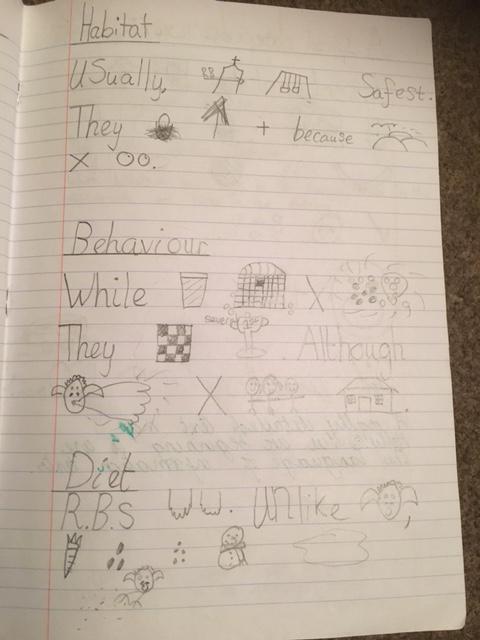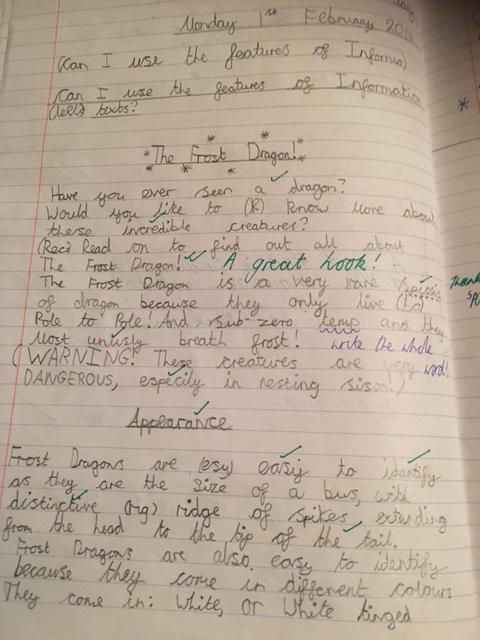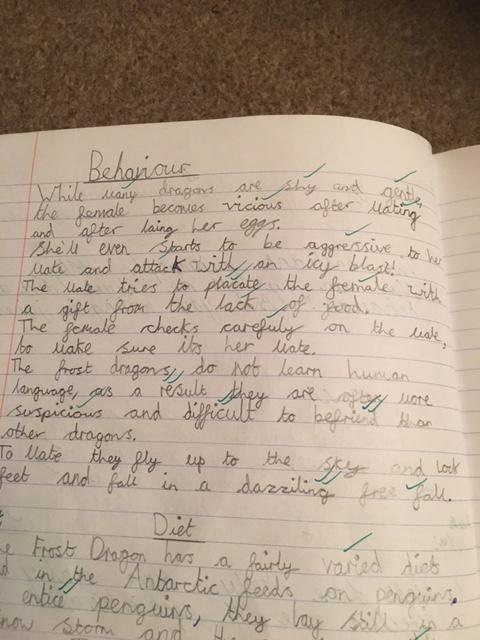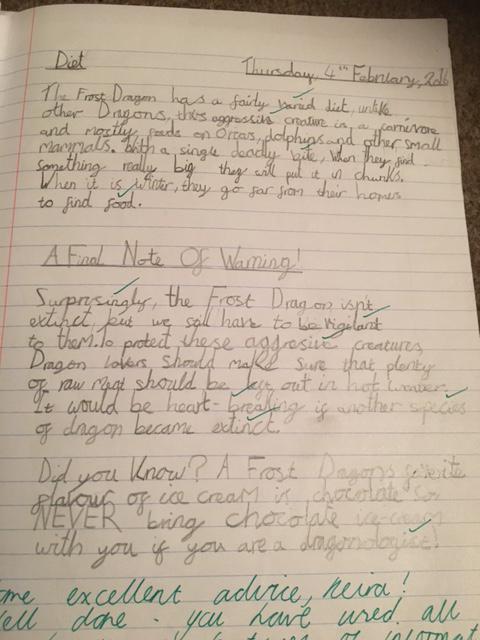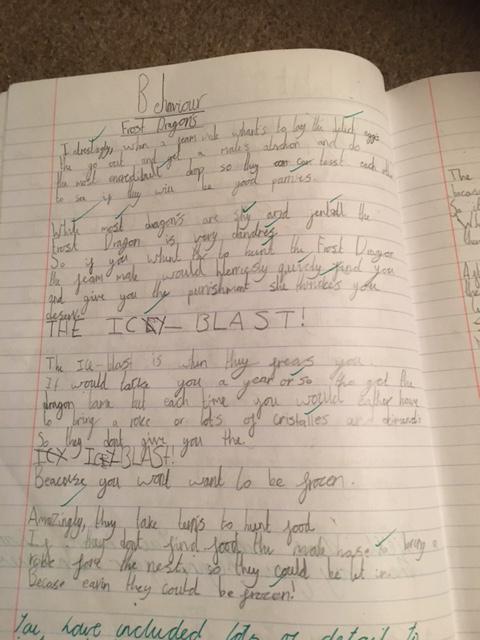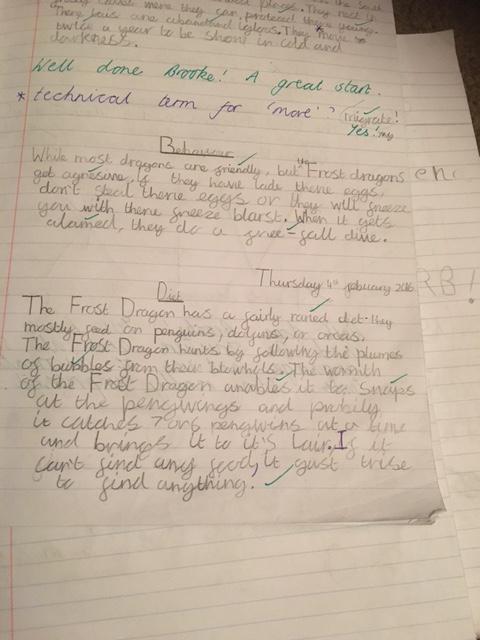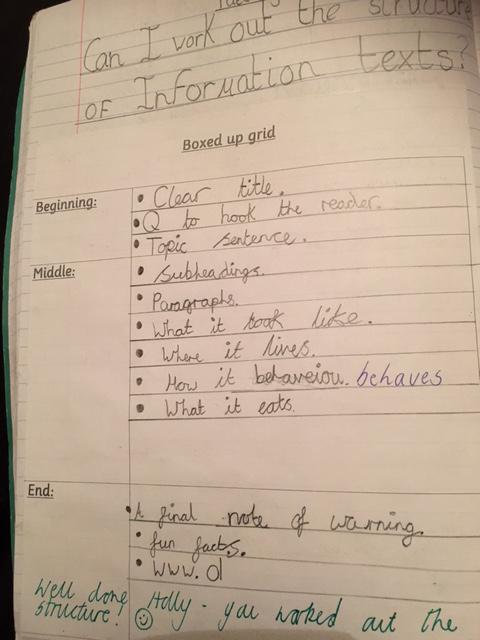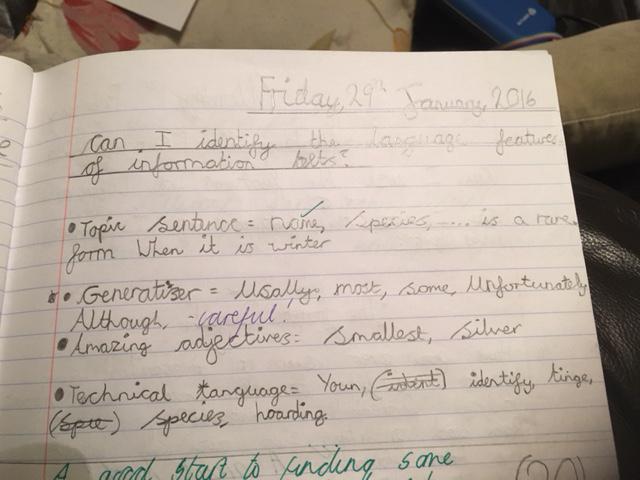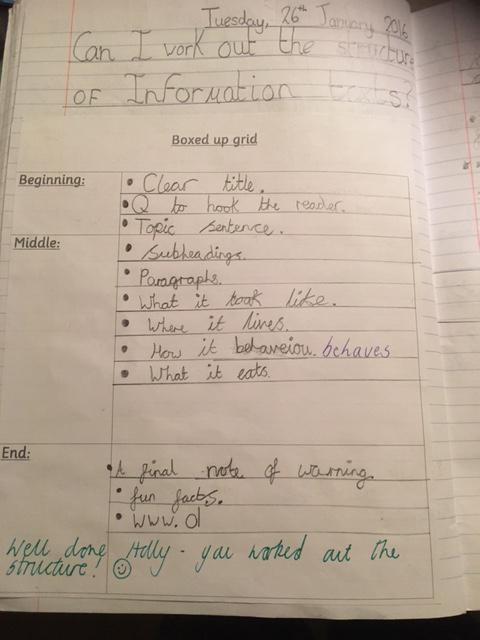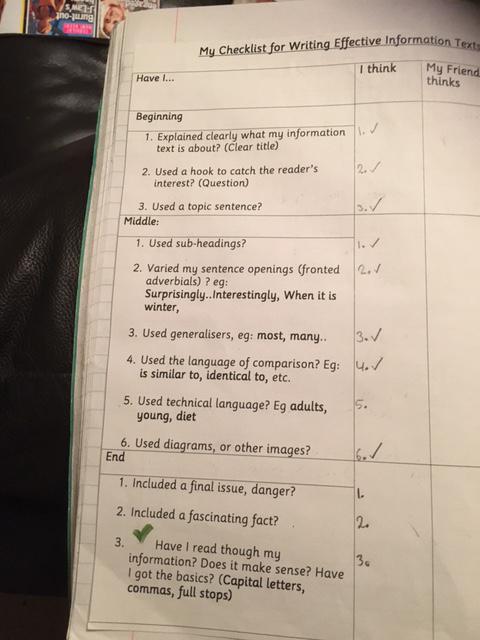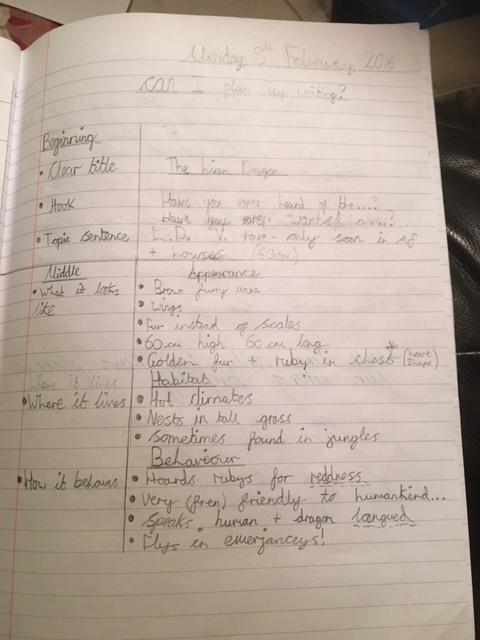Talk for Writing
Why Talk for Writing?
Our mission is to help all our children develop into thoughtful readers and creative writers and it is through the Talk for Writing approach that we believe we can achieve this. Through its multi-sensory and interactive teaching it enables children of all ages and abilities to learn to write a wide range of story/text types using various methods including:
- listening to and learning texts and stories;
- taking part in drama and role-play;
- drawing and story mapping;
- collecting words and language strategies
- building their working knowledge of grammar
At Wimborne St Giles we are all very enthusiastic about this approach as it brings out the best in the children and the teachers! (who have to write model texts for the children to use as the basis of their own writing) - we are all writers together! Writing becomes a joint adventure and the results are exciting!
What exactly is it?
Talk for Writing enables children to imitate the key language they need for a particular topic orally before they try reading and analysing it. Through fun activities that help them rehearse the tune of the language they need, followed by shared writing to show them how to craft their writing, children are helped to write in the same style.
They learn the underlying structures and the process of planning using story maps. They also learn about the key strategies for creating interesting characters and settings and how to use a range of sentence types to create different effects including suspense or adventure.
Process
Talk for Writing has three key phases which work together to develop knowledge, confidence and independence in writing:
Imitation and immersion
We usually like to start our Talk for Writing units with a ‘wow’ starter which fires up the creativity and imagination of the children before they immerse themselves in the model text. 'Wows' so far have included the discovery of a Giant footprint, a dragon spotted flying over Salisbury Cathedral and a teddy bear lost in the woods!
During this phase the children learn a model text using actions and story maps. The key to success for the children is that they internalise the text type through repetition and rehearsal. They explore the structure of the narrative and investigate the different characters, settings and events. They also begin to look closely at the language used and the effect this has on the reader. We call this process ‘read as a writer’. The classroom becomes a dynamic, interactive resource filled with word ideas, sentence types and language tools collected by the children to use in their stories later.
Innovation
During this phase the teacher and the children begin to change aspects of the model text using their own ideas. They explore the text using different characters, settings or events and new ideas for descriptive language whilst sticking closely to the underlying structure.
It is during this phase that the children work using their toolkits. The toolkits, based on the features and ingredients of the model text, remind children of the different strategies they could use in their stories and helps them to see the progress they are making.
Invention
During the invention week the children plan and write their own story based on the text type they have been learning. They experiment with the ideas and begin to explore their own style of writing using sentence types from the model text.
What the children say about Talk for Writing:
Joshua, Year 1
“I was so excited to write I broke my pencil!” Louis, Year 3
“This is epic – is it real?” Alfie, Year 4
What our teachers say about Talk for Writing:
What our parents say about Talk for Writing:
